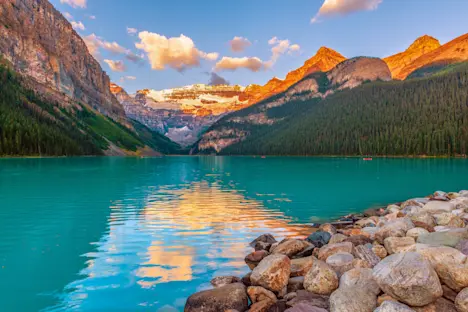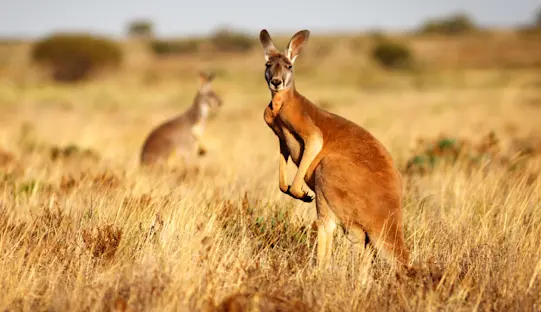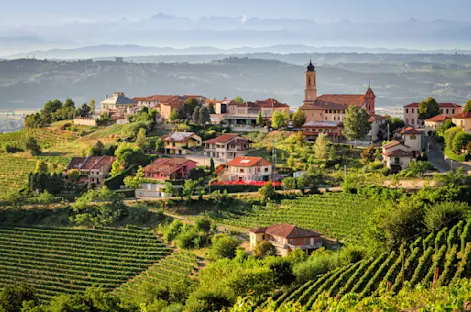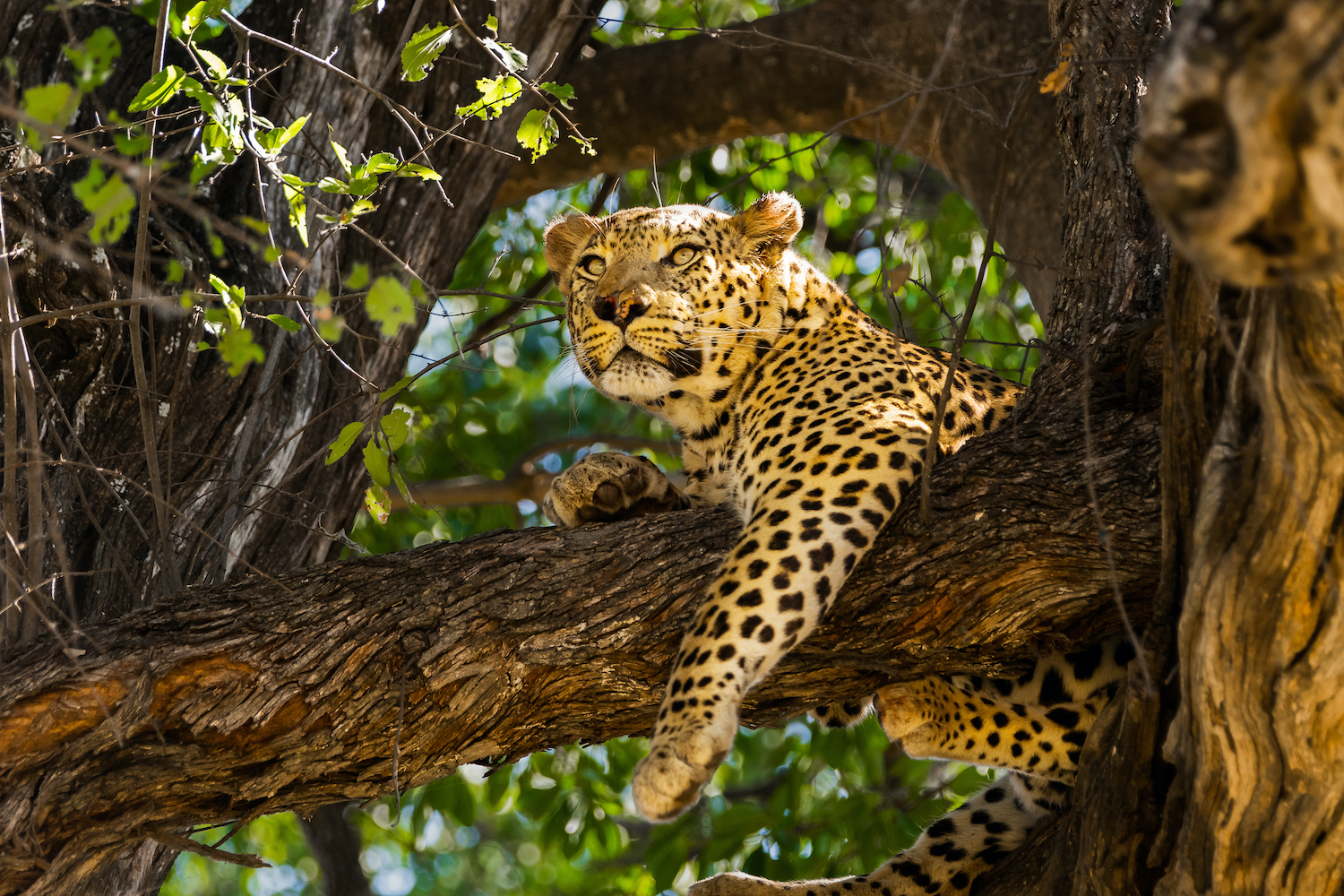Conservation Through Travel: How Botswana Leads in Sustainable Safaris
In today’s world of mindful travel, more explorers are asking how their journeys impact wildlife, ecosystems and communities. The term “sustainable tourism” is everywhere—but not every trip that claims to be conservation-focused delivers on its promises.
That’s why researching your travel company matters. The good news? Truly sustainable travel opportunities are growing. When guided by strong conservation partnerships, reduced carbon footprints and local empowerment, travel becomes a force for good.
At Natural Habitat Adventures, one of our most inspiring destinations for meaningful travel is Botswana, where 37% of the land is protected as national parks or wildlife management areas. Nat Hab partners with local leaders who’ve helped shape Botswana’s safari industry for over 30 years. Together, we’ve redefined what a sustainable safari looks like by focusing on the “4 Cs”: commerce, conservation, community and culture.
Here’s how this philosophy comes to life on the ground—and how your safari can contribute to a more sustainable future.

Botswana’s Ecotourism Model: High-Value, Low-Volume
Botswana has long been a global leader in conservation travel. In 2002, the country launched its National Ecotourism Strategy, establishing clear guidelines for low-impact, high-value tourism that benefits both nature and people.
This approach channels revenue from wildlife tourism directly into conservation and local development. It’s helped establish sanctuaries to combat poaching, protect some of Africa’s last free-roaming elephant herds and support endangered species like black and white rhinos. The Thlokomela Wildlife Trust is one such effort, linking government, NGOs and private-sector safari operators to safeguard biodiversity.
For a country with a small but growing population, maintaining ecosystem health is critical. Botswana understands that wildlife, landscapes and livelihoods are all interconnected.

How Travelers Help Sustain Botswana’s Wild Places
By traveling with Nat Hab, you’re directly supporting on-the-ground conservation, local enterprise and carbon-reduction innovation. Here are just a few recent initiatives that your journey makes possible:
Women’s Center, Moreomaoto Village
Nat Hab Philanthropy 2024 Funding: $2,500
This new center provides a safe, functional space for women to develop business skills, craft goods and build financial independence. It’s a project that strengthens families and uplifts the broader community through sustainable entrepreneurship.
Ele Express Bus, Okavango Delta
Nat Hab Philanthropy Summer 2023 Funding: $2,500
This program ensures safe transportation through elephant corridors, protecting people and wildlife alike. Students and villagers now have reliable access to school and health care, while reducing human-wildlife conflict across the delta.
Green Safari Operations: Camps, Vehicles and Innovation
Nat Hab’s Private Botswana Safari Camps are designed for minimal impact and maximum comfort. A hybrid system of generators, batteries and solar geysers provides hot water and electricity, while wastewater is treated on site before safely returning to the environment.
In 2023, Nat Hab debuted its first fully electric, off-grid, solar-charged safari vehicle in the Okavango Delta. Built from a retrofitted diesel Land Cruiser, this innovative project is reshaping what low-carbon travel looks like in Africa’s remote wilderness. A solar-powered charging station ensures the vehicle runs quietly and sustainably—enhancing wildlife viewing while reducing emissions.

Supporting Conservation Science: Predator Research and Beyond
Chitabe Lediba Camp, one of the places Nat Hab travelers may stay depending on their itinerary, actively supports the Botswana Predator Conservation Trust. This is the longest-running research project on large carnivores in Botswana, with a focus on the endangered African wild dog. The camp helps fund research teams, provides guides for data collection and contributes to annual wildlife monitoring through aerial surveys.

Expanding Impact with KAZA and World Wildlife Fund
Nat Hab and World Wildlife Fund support the Kavango Zambezi Transfrontier Conservation Area (KAZA)—a 109-million-acre region that spans five countries. These efforts help protect migratory routes, eliminate fencing that blocks wildlife movement and ensure local communities benefit economically from ecotourism. It’s a model of large-scale, cross-border conservation that shows what’s possible when communities, governments and travelers work together.
Travel That Makes a Difference
A safari in Botswana is more than a wildlife adventure—it’s a way to create lasting, positive impact. Connect with local communities, witness conservation in action and experience landscapes that remain wild and free. From the Okavango Delta’s water channels to the predator-rich plains of Chitabe, every moment is a reminder that meaningful travel can help shape a better future.































